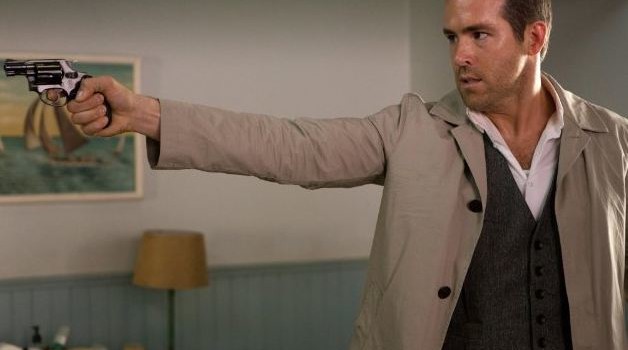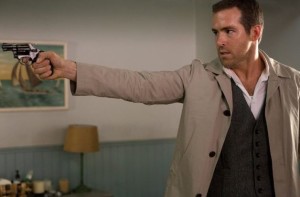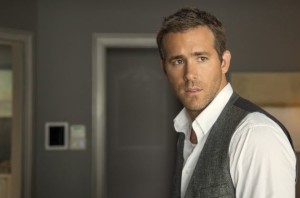Switching body movies are nothing new, but what sets Self/Less apart from that mold is the script from David and Alex Pastor. The brothers have weaved a web of intrigue and action starring Ben Kingsley and Ryan Reynolds that raises many ethical questions about where we are going as a society with science in terms of who gets to live and, frankly, die.
Kingsley is a billionaire who is dying of cancer and only has days, maybe weeks, to live. He learns of a procedure that will place his memories and brain inside a younger (and dashing!) body. Feeling he has nothing left to lose, he goes along with the procedure and when he wakes up, he is himself, but looks like Reynolds. The organization who performed the procedure is quite secretive and places Reynolds in a luxurious home in New Orleans to recover and slowly come to terms with his new (and vibrant) life.
It’s not an easy thing to live through though. Reynolds has moments that almost look like seizures where a pill from the doctor provides relief. But there is something about the flashes he sees during these episodes that troubles Reynolds. They appear to be moments from some other life, that is not one lived by Kingsley. Against his doctor’s and handlers’ wishes, he heads off to investigate.
This is where Self/Less becomes less of a science fiction/ethical thriller and evolves into a pure action thriller that features characters on the run. Why that works for us is that the man behind the camera helms with an even hand and has firm control over this entire story, from beginning to end.
Tarsem Singh takes a creative turn with Self/Less that is completely welcomed. The visionary director who normally makes eye-popping spectacles (Immortals, The Cell) decided to helm a straightforward thriller to stretch his skills and to branch out. Because he is wielding the camera, we think that Self/Less avoids the pratfalls that could have come its way. There is a pace that is frenetic and yet it still has time to pull at the emotional heartstrings that come from storylines involving lost family (involving a fantastic Natalie Martinez) and regrets.
And then there’s Reynolds. He gives his best performance in years and manages to carry the film for the two-thirds of the movie where it all rides on his shoulders. He also does something that could not have been an easy task — he manages to simultaneously embody the great Oscar winner Kingsley’s characterization from the first act and evolve his character into something that is uniquely something different.
Self/Less is one of those rare summer movies that audiences can talk about after. It raises some interesting ethical questions such as what if this treatment were real and someone like Steve Jobs could have kept living at the cost of someone else’s life. Would it be worth the cost, given all that Jobs could give to society? Or what about an Einstein? Who determines whose life is worth more than another’s? And is it?
Grade: B



